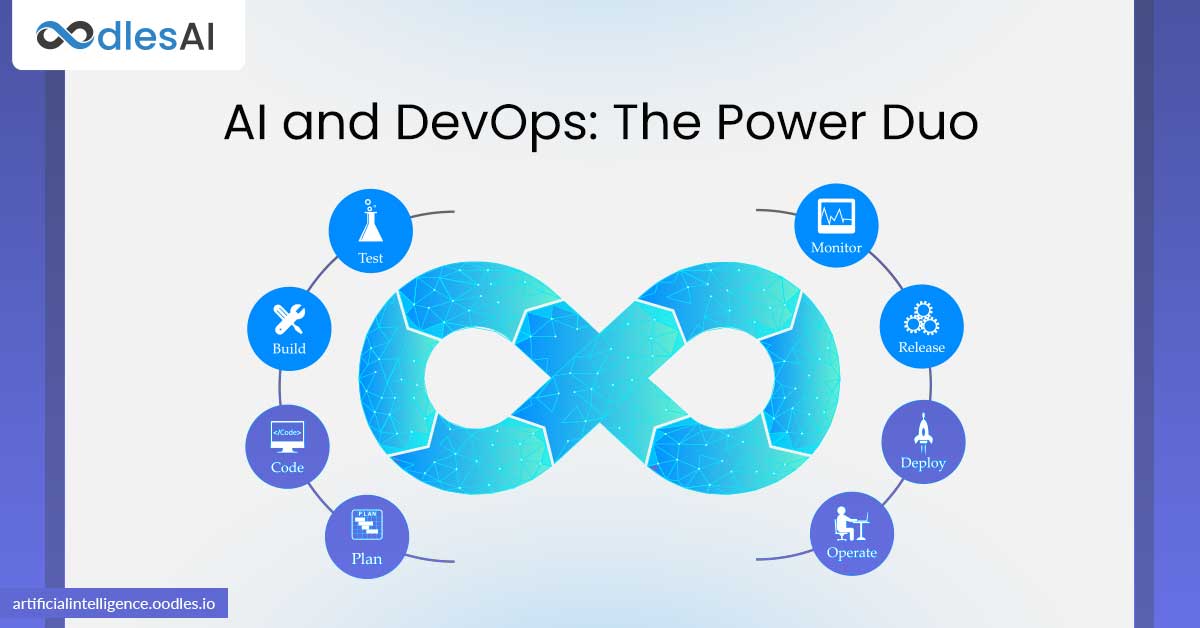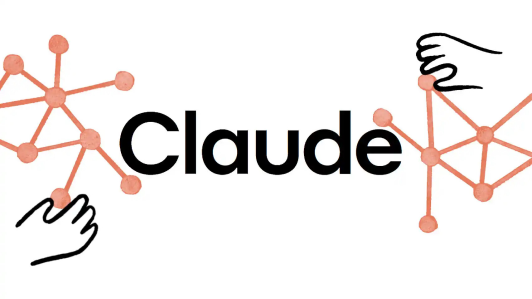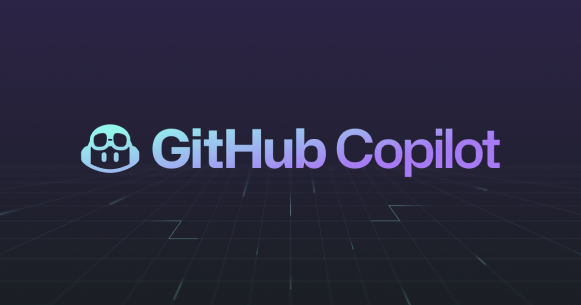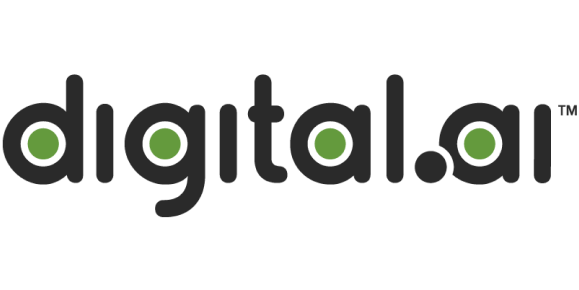Reasons why DevOps engineers will need AI
There is a famous statement among DevOps engineers: "If I need to do something twice, I will automate it". In this neuroscience era, it should be transformed to "If I need to do something twice, I will use AI to automate it". AI can play a pivotal role in boosting the efficacy of DevOps. It can enhance functionality by allowing immediate building and operation cycles and offering an alluring client experience of these features. Machine learning can ease data collection from different parts of the DevOps system.

Fig 1. AI and DevOps: The Power Duo. Source Oodles.com
As you can see, the DevOps role combines a lot of tasks which need strong expertise and deep experience. These days, engineers not only need to know how to do DevOps, but are also required to deliver outcomes on time and within budget. How can they handle such huge stuff like that while there are so many things to do, so many cutting-edge technologies to catch up with? Riding the wave of AI is simply the answer. Over the past decade, AI has been touching every aspect of DevOps implementation. Now it's your turn to let AI do you a favor.
Best AI tools for your DevOps tasks
When talking about DevOps, the responsibility can be broken down into 8 phases below. They repeat sequentially to form an infinity-loop. Some phases can be grouped to give you a big picture of what they are and which tools can be utilized in each stage:
1. Planning
At the very first stage, you need to collect information and design a plan for your team. This starts with questions such as: "What are the outcomes of this project?" "How long will the project last?", etc.

You might have heard of the rise of chatbots like ChatGPT, Bing Chat, Google Bard or Claude AI, etc. And yes, they are your reliable secretary that serves well for this stage's purpose. In this article, I would recommend Claude AI of Anthropic.
Claude AI has many benefits compared to others:
- Read, analyze and summarize uploaded files.
- Process more words.
- Provide up-to-date information (ChatGPT can only catch information before Sept 2021).
- Access links and summarize their contents.
2. Coding

There is one fact that needed to be clarified: Sitting and writing thousand lines of code could be an inefficient job if we already had the ability to automate them. Syntax errors, code formatting, adding comments for each function, etc. are key problems that make the coding process slow down.
To address that, I would recommend GitHub Copilot - a cloud-based AI tool developed by GitHub and OpenAI for autocompleting code.
With GitHub Copilot's support, you can easily:
- Turn natural language prompts into code.
- Get multi-line function suggestions.
- Get faster test generation.
- Filter out common vulnerable coding patterns.
3. Building and testing

You might not need an AI to build your code. But testing is another story. There are so many points to check and ensure they work properly. For this purpose, Leapwork can be a top-notch solution for you.
Leapwork is a strategic Microsoft test automation partner for Dynamics 365 and Power Platform. Leapwork offers:
- The ability to manage, plan, document, execute, and report while breaking down silos with your software development teams
- A visual language and smart recorder
- Reusable components
- Cross-browser, cross-device
- Can be integrated with CI/CD
4. Release and deployment

Now comes to the most intense stage: release and deployment. In this stage, you will mostly face problems like server down or deployment failure. Some solutions can be named to resolve this difficulty, such as Digital.ai Release, Harness, GitLab, etc.
I would highly recommend Digital.ai Release owing to many reasons. Digital.ai provides the ability to:
- Eliminate complexity of application release
- Leverage pre-built templates to plan, design, and manage complex application releases efficiently.
- Model and visualize all releases into a single view to improve collaboration, tracking, prioritization.
- Seamlessly integrate with your existing DevOps tools.
- Reduce failure
- Automate release and deployment processes without the need for scripting.
- Assess the risk of changes beforehand to prevent critical issues for business.
- Leverage deployment strategies such as Blue/Green, Canary, and others to speed up release without impacting customers
- Ensure compliance
- Establish compliance, making audits accurate and easier with single-click audit reports.
- Make data-driven decisions with AI-powered dashboards that give visibility across releases.
- Get full traceability of your entire pipeline with integrated Agile and DevOps tools.
5. Operating and monitoring
After releasing, you will need to monitor the application and resources. Obviously, you can do that manually with your eyes, but it will be much better if you have an AI suggest where to put your attention at.
For that purpose, there are some AI that can fulfill the mission, such as: AIOps, Atlassian (a suite of DevOps tools), Copado and Kubiya.
Conclusion
With the rapidly increasing responsibility of role DevOps, engineers need to shift their job to a higher stage and use cutting-edge technology to deliver even more quality outcomes. Many tools like Claude AI, GitHub Copilot, Leapwork and Digital.ai are there, ready for every engineer to pick up and use.. And it is widely accepted that the huge support from AI is the best improvement solution for DevOps engineers in their job, for now and even for many years incoming.
Sit down and let AI speak your words!



